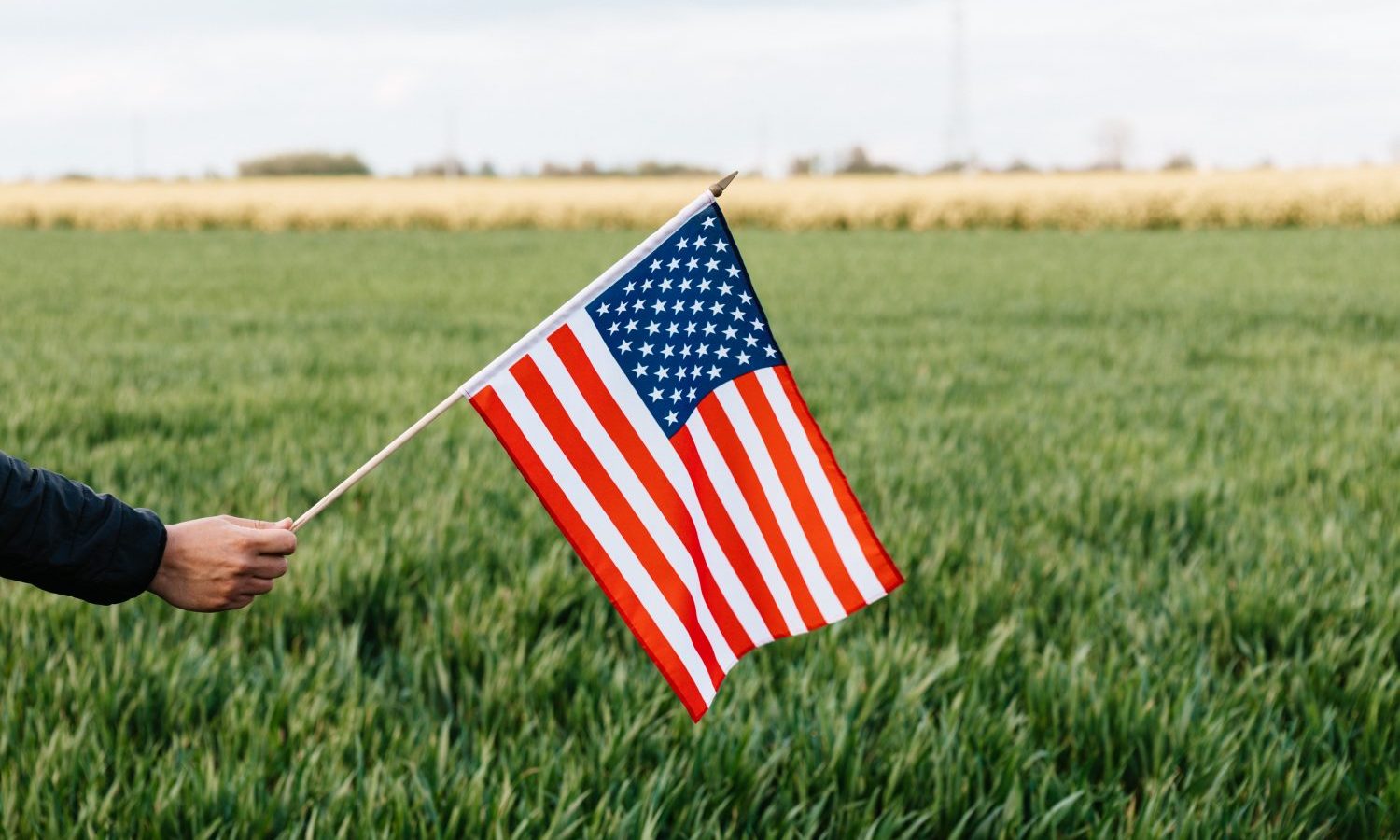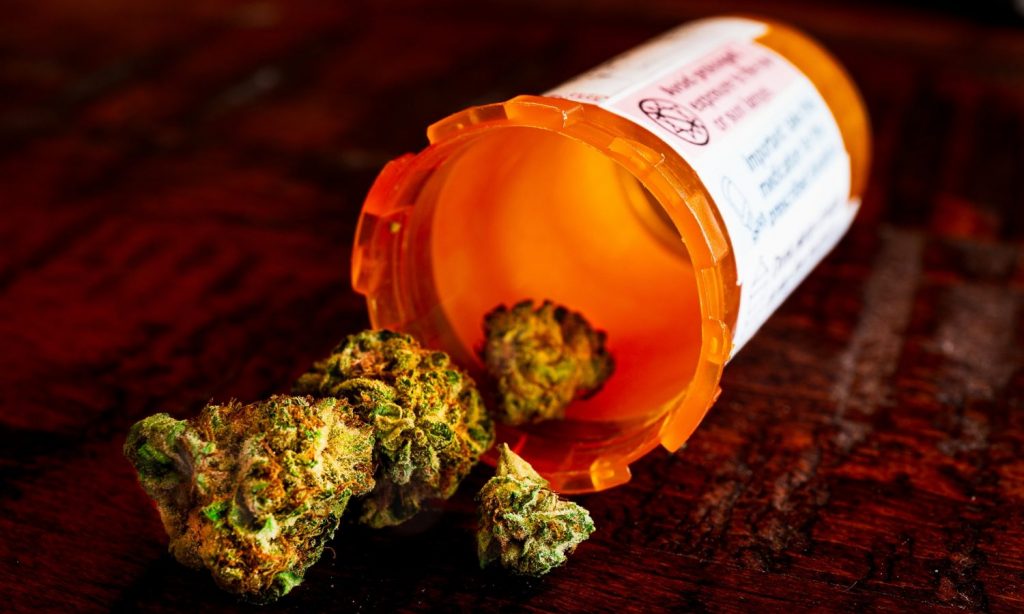
Cannabis reform is undoubtedly spreading across the United States, as more states adopt medical and adult use laws. However, many states that have done so over the years have been labeled as conservative for a variety of reasons. And it isn’t just traditionally red states doing the restricting.
Until it embraced reform in recent years, New York was considered one of the most restrictive for, among other things, its caps on qualifying conditions, licenses and high pricing. The trend continues today, where states like South Carolina tout the possibility of having the most conservative market in America if it were to pass legislation.
While the rules can frustrate operators, consumers and advocates alike, some in the space say that a conservative approach is the only way some states will warm to cannabis reform.
Key Characteristics Of A Conservative State Cannabis Market
“Conservative” is a nuanced term when applied to cannabis markets.
Dr. Chanda Macias, owner and CEO of National Holistic in Washington DC, said a conservative market includes product bans, typically restricting access to flower and vapes, as well as THC potency caps.
“While often done with good intentions, I believe that the medical value of THC is often misunderstood, and THC limits drastically limit the benefits of the medicine and limit doctor options,” she said.
Product and potency caps join licensing limitations and other rules in creating conservative markets.
Abby Stoddard, a pharmacist and founder of The Client Centered Network, offered a similar response as Dr. Macias. Stoddard also elaborated on vertical integration, a requirement in many states that requires a business owns all aspects of production, from cultivation to sale.
While there are concerns, Stoddard believes vertical integration could benefit states with a more streamlined model. “The use of state seed-to-sale tracking software can provide this [to a] system, but at the outset, vertical integration provides the most easily traceable products from a regulatory perspective,” she said.
RELATED: Americans Would Prefer Legal Marijuana To $15 Minimum Wage
Stoddard also agreed that product limitations are a hallmark of a conservative market, as is prohibiting home cultivation.
Jeff Zucker, vice-chair of the Marijuana Policy Project, expanded on patient access restrictions. While it is concerning to see states allow just a few types of conditions to quality, Zucker, a South Carolina native, said that is sometimes the only way a bill can pass.
“The more narrow the bill can be, without making it useless, the more likely we can get a vote,” said Zucker of cannabis reform prospects in the most conservative states.

Matthew Lloyd/Getty Images
Which State Is Most Conservative?
With all the criteria to assess, it is difficult, if not impossible, to designate one state as the most conservative.
With all the factors in play, Dr. Macias said it comes down to how a person defines conservative. Macias, who is also chairwoman of the board of managers and CEO for the organization Women Grow, considers several states as leading candidates for the distinction.
She included Louisiana because of regulations requiring cannabis be treated as a pharmaceutical. “Recommendations have significantly more physician involvement than any other state, and products are only sold at retail by a licensed pharmacist,” said Dr. Macias. She said that Georgia, when online, could become even more restrictive. Currently, the state’s “low THC oil” program allows patients to have up to 20 ounces of cannabis oil containing less than 5% THC.
RELATED: Why The US Medical Marijuana Market Probably Wouldn’t Allow Smoking
Macias looked at other low THC states, stating that Texas’ current program “literally does not work” by capping medicine at .5% THC. However, lawmakers began 2021 with efforts to expand the program’s qualifying conditions and its registered patient pool.
Stoddard, a member of the Minnesota Department of Health’s Medical Cannabis Review Panel, offered up her state as a contender, or as she put it, “the leader of this unfortunate club.”
She cited the state’s ban of flower for businesses and patients as a significant setback. Additional pain points find the state licensing just two vertically integrated producers. The two producers operate roughly 15 dispensaries for the state’s 5 million citizens.
Patient fees are a concern as well. “Minnesota’s program also requires a steep fee for patients to enroll: $200 per year for those who don’t qualify for discounts,” she said.
RELATED: Why Southern States Are Still Pushing Back On Marijuana Legalization
Both Stoddard and Zucker see South Carolina as potentially following through on its most conservative claim as well. Still, Stoddard sees South Carolina’s proposal giving more leeway in the form of allowing one dispensary for every 20 pharmacies in the state.
“That would easily be hundreds of retailers,” she said. While patients still couldn’t buy or grow smokable flower, Stoddard sees the proposed allowance of edibles as a reason for giving her home state the distinction.
In Some States, Conservative Is The Only Way To Go
Dr. Macias and Stoddard highlighted how a conservative program could benefit certain aspects of the market. For his part, Zucker, who along with MPP has worked with South Carolina advocates for over four years on the bill, said conservative bills can help open the door for otherwise opponents of reform. He added that, in some cases, a restrictive bill is the only measure that could pass.
While not ideal to advocates, Zucker said the passage of such bills can create progress for some in the present and others down the line.
“From an advocacy perspective, the restrictive approach still allows us to get some relief for patients in extreme need while hopefully changing hearts and minds around the state to allow the laws to open up further,” he said.





